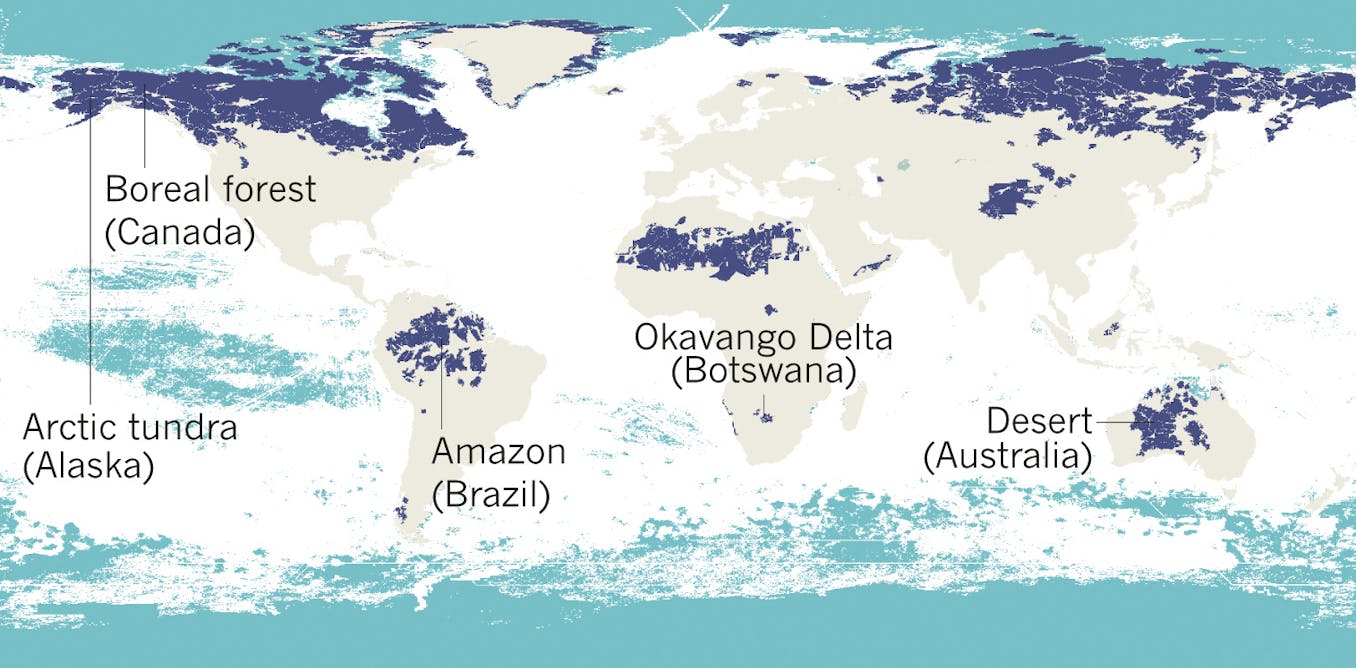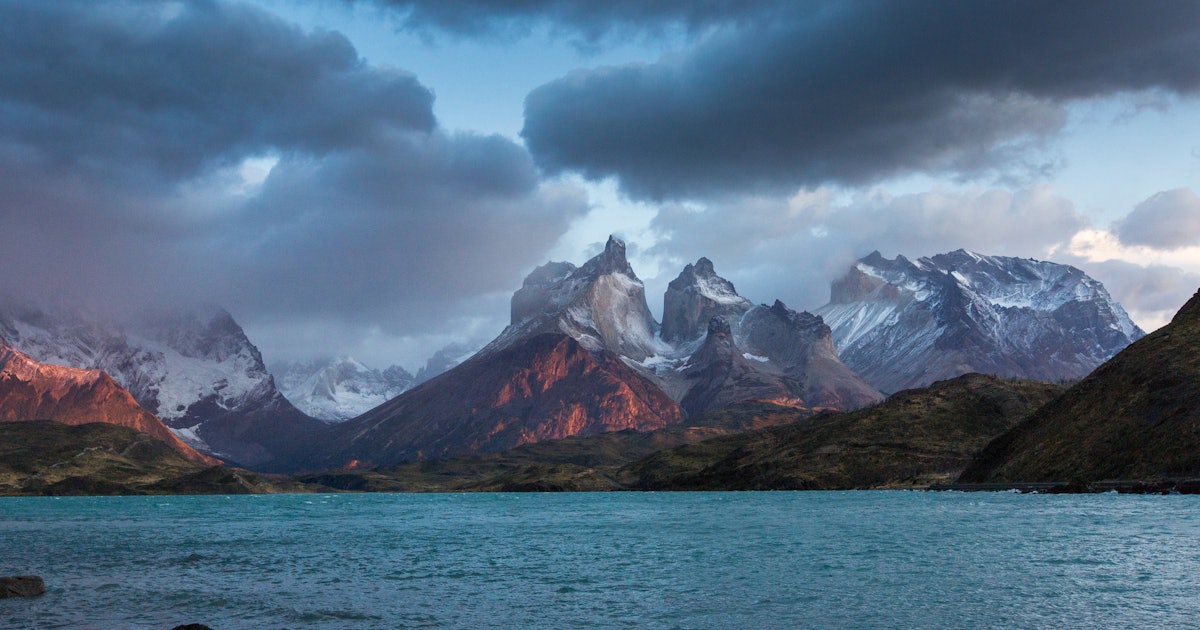DBT
Contributor
Do you consider your apparent position that more people is good, to be a religious one? If not, then how can my position that it’s not so, be a religious one?Of course. But "it feels good to me" is more a religious position than a scientific one; And becomes explicitly a religious position when it's "it feels good to me, so other people should do it".Is the philosophical question really “larger” than the economic one? For me, the answer is resounding yes. I don’t look down on people who disagree; some people seem to thrive without ever touching any substance that has not been altered by man. I can’t do that for long.
Yes, and given a world population of eight billion plus, what need is there for more? Is it some sort of a competition? The more the merrier?



